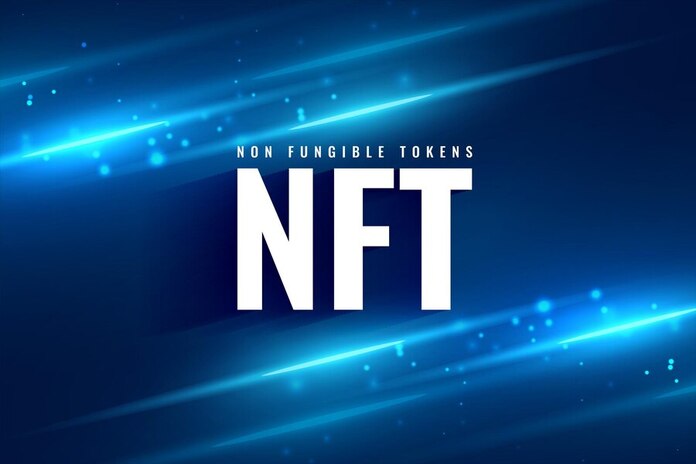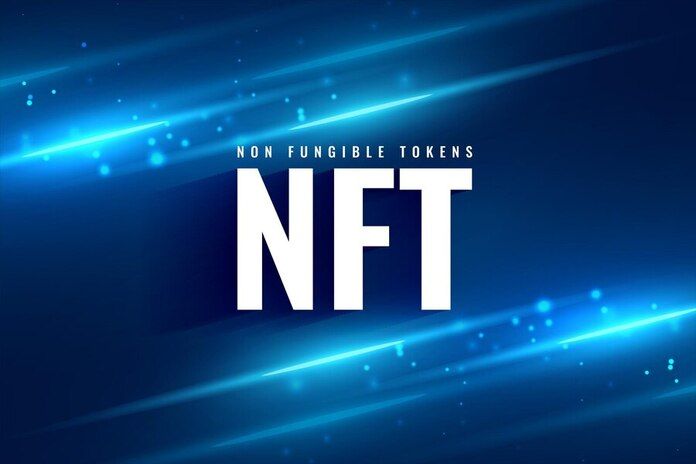Crypto Stablecoins Enter the Treasury Market
In an unexpected development, traditional US Treasury securities are now connected with the volatile cryptocurrency market. Issuers of crypto stablecoins, which are designed to maintain a one-to-one value with the US dollar, have emerged as significant participants in the Treasury market. These issuers are seeking the most secure and liquid assets to back their tokens.
Market Skepticism and Institutional Comparison
For proponents of cryptocurrency, this intersection with Treasury securities represents a milestone, reflecting the industry’s efforts to build stronger ties with the US government. Tether Holdings Ltd. (USDT), the issuer of the largest stablecoin, has asserted that it can support US and global financial stability amid rising US debt and decreasing foreign investments. However, the reality often falls short of these claims. Joseph Gagnon, a senior fellow at the Peterson Institute for International Economics and former Federal Reserve staffer, believes that while Tether’s $81 billion in Treasury bills is noteworthy, it remains minor compared to the overall Treasury market, which is measured in trillions of dollars.
Stablecoins account for only about 1% of Treasury bill purchases. The $6.19 trillion money-market mutual fund industry remains the largest buyer of these bills, holding approximately $2.4 trillion in government debt. This demand is expected to grow as new regulations impose liquidity fees during financial stress. Similarly, corporate giants like Berkshire Hathaway Inc. (NYSE:BRK.A) overshadow stablecoin issuers, with Berkshire increasing its T-bill holdings to $234 billion in the second quarter, nearly three times Tether’s holdings. The total market capitalization for stablecoins is around $167 billion, with Tether representing $117 billion, according to CoinGecko.
Future Prospects and Legislative Implications
The future impact of stablecoin issuers on the Treasury market will depend on the growth of the cryptocurrency sector and potential Congressional legislation. Stablecoins are widely used in crypto markets as a proxy for the dollar, offering stability during market fluctuations or enabling investments in decentralized finance platforms. Their popularity is growing in emerging economies, with notable premiums paid for stablecoins in countries like Argentina. By 2027, businesses and consumers in these regions are expected to pay $25.4 billion in premiums for stablecoins, according to the Centre for Economics and Business Research (CEBR).
JPMorgan Chase & Co. (NYSE:JPM) strategists suggest that demand for government debt from stablecoins might increase if Congress enacts legislation requiring tokens to be backed by high-quality liquid assets (HQLA), including Treasury bills. Despite these prospects, experts in the fixed-income market remain doubtful about significant impacts. Lawrence Gillum, chief fixed-income strategist at LPL Financial, argues that stablecoin purchases are unlikely to substantially influence broader market trends or yield movements due to supply concerns and other market forces. However, any additional demand from the crypto sector could benefit Treasury issuance.
Tether’s CEO, Paolo Ardoino, is optimistic about the company’s future role in the Treasury market. He expects that Tether will become the largest holder of three-month T-bills in the coming years and might eventually hold a substantial portion of all T-bills. Tether aims to be fully backed by US T-bills, with only excess reserves invested elsewhere.
The evolution of Tether’s involvement in the Treasury market represents a significant shift from its early days, marked by skepticism over its reserve backing. After settling allegations of reserve misrepresentation with the New York Attorney General and the Commodity Futures Trading Commission (CFTC), Tether has developed a strong relationship with Cantor Fitzgerald LP, a major player in the Treasury market. Cantor Fitzgerald’s thorough due diligence has helped reduce skepticism surrounding Tether.
Despite these advancements, Tether’s impact on the Treasury market remains modest in the context of US debt, which totals $27 trillion, with Treasury bills comprising about one-fifth. The Congressional Budget Office (CBO) projects that US debt will reach $48 trillion by 2034. According to Mark Sobel, former Treasury official and US chairman at the Official Monetary and Financial Institutions Forum, Tether’s holdings are significant but not a major factor in deficit funding. He notes that there are likely much larger issues for the Treasury to address.
Featured Image: Freepik
Please See Disclaimer








